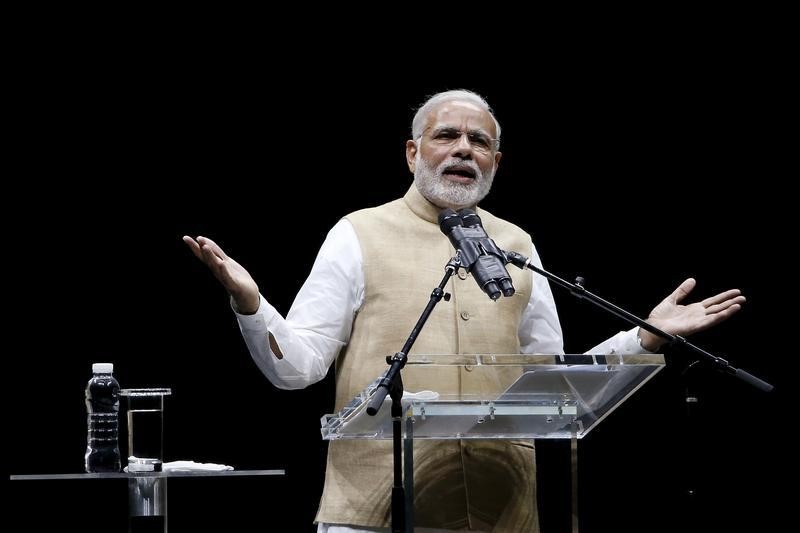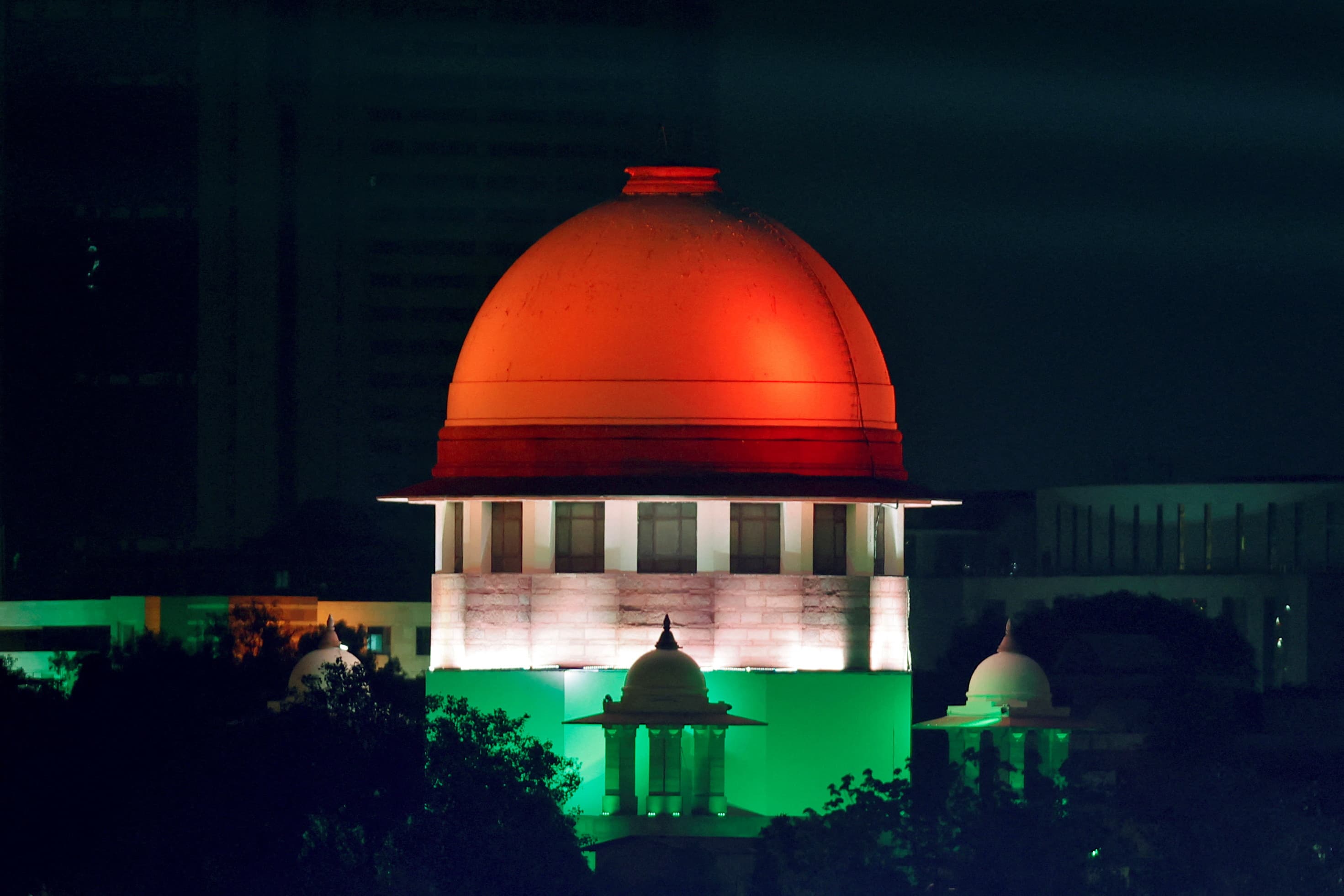India"s judicial system is a crisis that keeps the nation trapped in a cycle of stagnation and underdevelopment. With over 50 million cases pending, an inefficient judiciary is costing India an estimated 10% of its GDP each year—an alarming figure that eclipses some low-end estimates of the economic impact of climate change. The Supreme Court alone is sitting on nearly 69,000 unresolved cases, many of which have been pending for decades. Justice delayed is justice denied, and as the old adage goes, this delay is crippling India"s economic potential.
Justice System is a Blockade
The staggering backlog of cases illustrates a judicial system that is not only overwhelmed but fundamentally broken. According to reports, it would take 324 years to clear the existing cases at current judicial capacity. The alarming ratio of 21 judges for every million people starkly contrasts with the EU average of 200 judges per million, illustrating a severe lack of resources and personnel. As highlighted by Nicholas Decker, this systemic dysfunction fosters an environment where businesses cannot resolve disputes through legal means, forcing them to rely on extrajudicial methods.
Family Firms Flourish Amidst Chaos
The inefficiency of the judicial system has profound implications for the structure of businesses in India. A study conducted by Bloom et al. reveals that all firms surveyed in and around Mumbai were family-run, with no professional management structures in place. This lack of sophistication stifles innovation and restricts growth potential, as the firms operate under the belief that family members are the only trusted decision-makers. The study’s findings emphasize that management quality directly correlates with economic performance, yet the prevailing culture of familial control hampers productivity. The consequences of this misallocation are staggering: a 40% increase in output could be achieved simply by reallocating resources more effectively, underscoring the dire need for judicial reform.

India"s top court scuttles Modi"s judicial reform move | Reuters
Judicial Delays Stifle Economic Growth
The long wait times for legal resolutions compound the issue by creating a climate of fear among business owners. According to a recent analysis, the average case takes upwards of 13 years to resolve in the Supreme Court. This delay not only affects the individuals involved but also stifles overall economic growth. The case of Bharat Forge Co Ltd v. Uttam Manohar Nakate is emblematic of the system"s failures; a worker"s case lingered for over two decades, showcasing how judicial inefficiency can derail business operations and lead to significant economic losses.
Urgent Need for Judicial Reform
Despite the severe implications of this judicial crisis, the Indian government has historically underfunded the judiciary, investing only 0.1% of its GDP into this critical sector. The result is a judicial system that cannot keep pace with the needs of a growing economy. As reported in NITI Aayog"s report, the lack of judges and the slow pace of legal proceedings are directly hindering economic innovation and growth. The government must prioritize judicial reform, not as a political maneuver but as a genuine effort to empower the judiciary with the resources it desperately needs.

Judge Skips Collegium Meeting In Protest, As Judiciary And ...
Corruption and Judicial Inefficiency
The inefficiencies of the judicial system are compounded by endemic corruption, which further erodes public trust. The lengthy legal processes often benefit those with resources to manipulate the system, while the marginalized continue to suffer. As highlighted in historical analyses, the legacy of colonial legal procedures still haunts modern India, perpetuating a cycle where the most vulnerable are left without recourse. The judicial system, rather than serving as a protector of rights, has often become a tool of oppression.
Without an urgent overhaul, the judiciary will continue to function as a blockade to progress, maintaining the status quo rather than facilitating social and economic justice. India stands at a crossroads, where meaningful judicial reform can either unlock its potential or continue to plunge its vast population into a cycle of poverty and despair.

![[Video] Anti-ICE Protester Pepper Sprayed as CBP Agents Disperse Crowd in Minneapolis](/_next/image?url=%2Fapi%2Fimage%2Fthumbnails%2Fthumbnail-1768260677127-y71sb7-thumbnail.jpg&w=3840&q=75)

![[Video] Several injured as U-Haul truck drives through Iranian protestors in Los Angeles](/_next/image?url=%2Fapi%2Fimage%2Fthumbnails%2Fthumbnail-1768176682028-q95y6j-thumbnail.jpg&w=3840&q=75)
![[Video] Scuffle breaks out between Trump supporters and Anti-ICE protesters in Times Square](/_next/image?url=%2Fapi%2Fimage%2Fthumbnails%2Fthumbnail-1768165958203-hgcgb-thumbnail.jpg&w=3840&q=75)


![[Video] Gunfire between Iraqi security forces and Sadr militias in Baghdad](/_next/image?url=%2Fapi%2Fimage%2Fthumbnails%2Fthumbnail-1768343508874-4redb-thumbnail.jpg&w=3840&q=75)
